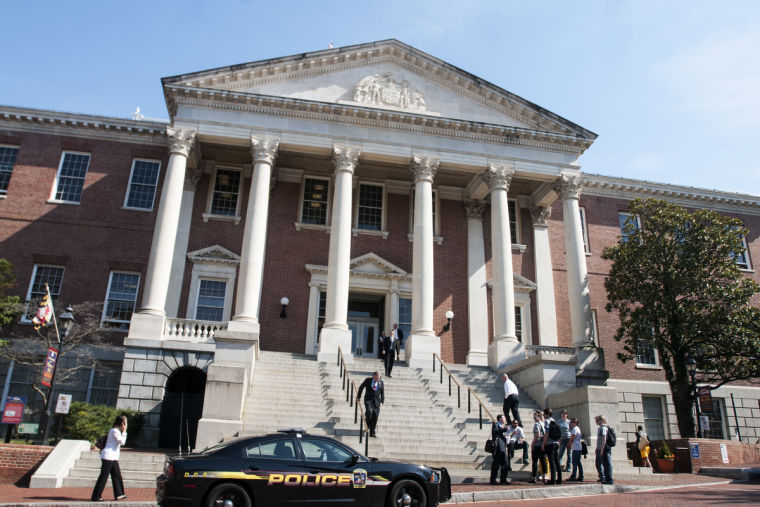
State lawmakers passed the Firearm Safety Act of 2013 last week.
Amid the national debate for tighter gun control regulations, state lawmakers passed a bill last week that puts in place a slew of measures for next year — and they hope it’s only the first step toward tighter gun regulations nationwide.
Now that the Firearm Safety Act of 2013 will go into effect, state leaders hope to see Congress enact similar legislation. Supporters have touted the bill as one that will save lives, citing its licensing provisions as a measure to counteract straw purchases and keep guns away from the mentally ill. Additionally, it places a ban on assault weapons and limits higher capacity magazines, which are largely responses to recent shootings such as those in Tucson, Ariz., in 2011 and the Newtown, Conn., school shooting in December.
The measures come at a time when national leaders are debating ways to curb gun violence, which also include universal background checks and bans on certain assault weapons. Proponents of the state bill, which first came out of Gov. Martin O’Malley’s office, hope it can serve as a catalyst to put national laws in place.
“While what we’re doing is important in Maryland; our borders are porous,” Lt. Gov. Anthony Brown said Friday during a news conference call. “We believe it’s going to establish a trend, it’s going to inspire and motivate legislators and governors around the country to do the same thing.”
State Sen. Brian Frosh (D-Montgomery), who was heralded by gun control advocates — including Vincent DeMarco, Marylanders to Prevent Gun Violence president and a public health lobbyist — as a “hero” in the debate, said he is hopeful stricter gun control measures will resonate outside state borders.
“Obviously, the optimal situation would be if we had a law similar to ours across the country,” Frosh said.
Supporters of the bill maintain it’s a necessary step in cracking down on gun violence, but also acknowledge that these regulations are not a remedy to the larger problem.
“This bill is not going to rid all of the communities of every act of violence that may occur, but it’s going to go a very long way,” Brown said.
Opponents, however, said they worry the bill was reactive to recent shootings and doesn’t eliminate the root of gun violence. Instead, the legislation put forth measures that ultimately abridge gun rights, they said, and enable criminals.
“O’Malley’s gun control bill is overkill,” said Derek Zumstein, a member of this university’s chapter of College Republicans. “It does not actually help the problem of gun violence. I feel the people who want to commit violence with guns will find ways to get guns.”
The licensing requirements and provisions aimed at making it more difficult to get a gun are “draconian,” Zumstein said. And while the law won’t directly take away guns, he added, it will deter lawful ownership of firearms.
The licensing requirements, which include digital fingerprinting and stricter registration for gun owners, are in place to go after straw purchasers who could pass off the guns to someone else and ultimately put them in the hands of criminals.
State faith leaders were strongly in favor of such measures.
“Our hearts have been broken too often in the last several years,” said retired pastor Rev. Eugene Sutton, bishop of the Episcopal Diocese of Maryland. “Broken from the lives of people, especially young people, cut down early because of the easy availability of guns in the hands of the wrong people.”



